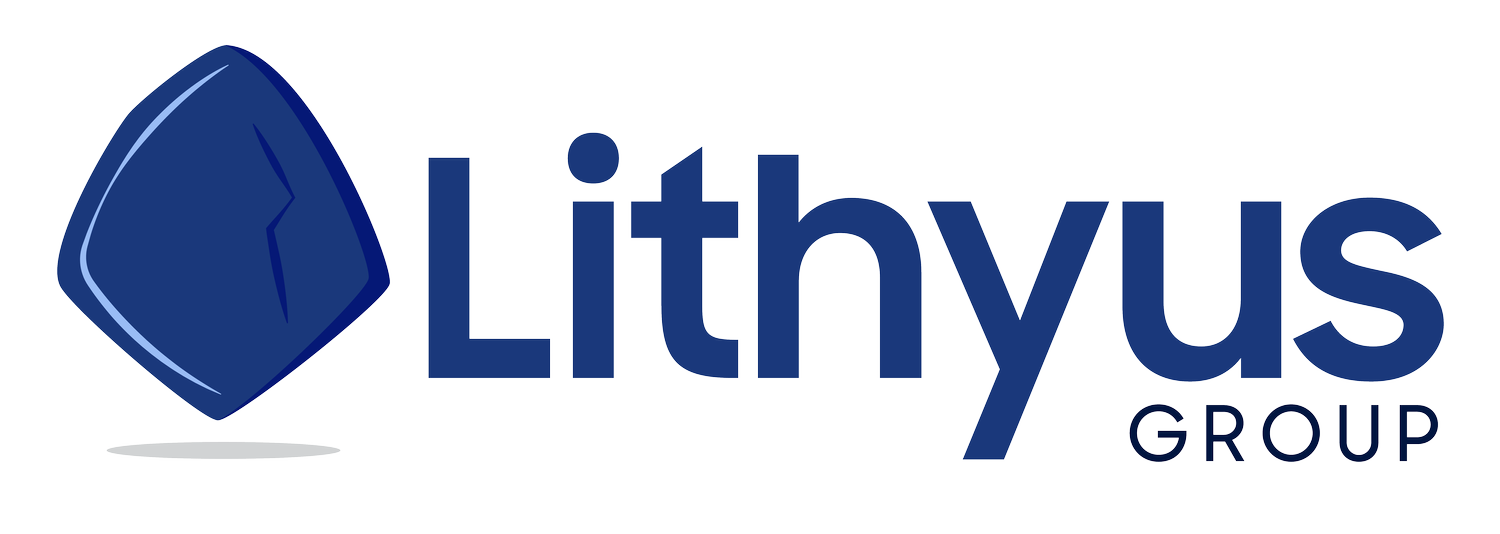Passing the Baton: How Leaders Can Turn Knowledge Transfer into Engagement
Two runners passing the baton during a relay race.
Organizations often lose their most valuable knowledge when experienced employees retire or resign. But transitions can be opportunities for connection and growth. Ben Bomar of Lithyus Group challenges leaders to make knowledge transfer part of their employee engagement strategy through recognition, teaching, and preservation.
Overview
Workforce conversations often focus on attraction and retention. Less attention is given to what happens in between - the daily, deliberate sharing of what makes your team succeed. When employees leave, whether through retirement, promotion, or career change, they take with them institutional knowledge that can’t be easily replaced. Ben Bomar calls this The Knowledge Exodus. But organizations that anticipate this exodus and make a plan to pass the baton in terms of institutional knowledge can gain a significant competitive edge.
Passing the baton builds connection.
In a relay race, success hinges on the handoff. The same is true for organizations. When teams intentionally pass along expertise, stories, and processes, it signals trust and strengthens engagement across generations of workers.
The 9-Box isn’t just for High Performers.
The traditional 9-Box grid (performance vs. promotability) highlights top talent. But often the focus on high performers ignores the middle 55%. Ben calls these people the “standard bearers.” These employees embody organizational excellence and sustain results daily. Recognizing and learning from them reinforces cultural stability and performance standards.
Legacy Ambassadors matter.
Long-tenured employees, even those near the end of their career, hold the unwritten playbook. They are the Legacy Ambassadors. Encouraging them to teach, mentor, and document ensures continuity and honors their contributions. With full credit to Farmer’s Insurance, they “know a thing or two because they’ve seen a thing or two.”
Innovation should be intentional.
High performers often push boundaries and experiment with new tools or methods. Leaders should observe these edges and decide deliberately which innovations to standardize. Not every innovation needs to be universal, but every lesson should be shared.
Make knowledge transfer public, not private.
Employees can be wary of being “replaced.” Public recognition turns the act of teaching into a celebration rather than a threat. Leaders who highlight knowledge-sharing as achievement unlock trust and engagement.
Takeaways
Passing the baton is more than a metaphor. It’s a management discipline. By recognizing, teaching, and preserving what makes people effective, leaders reduce risk, retain culture, and strengthen engagement.
Call to Action
Start today:
Identify one “Standard Bearer,” one Legacy Ambassador,” and one “Innovator” within your organization
Recognize them publicly
Invite them to teach, and document their wisdom
For more ideas or assistance with this process, email info@lithyus.com or schedule a conversation.

